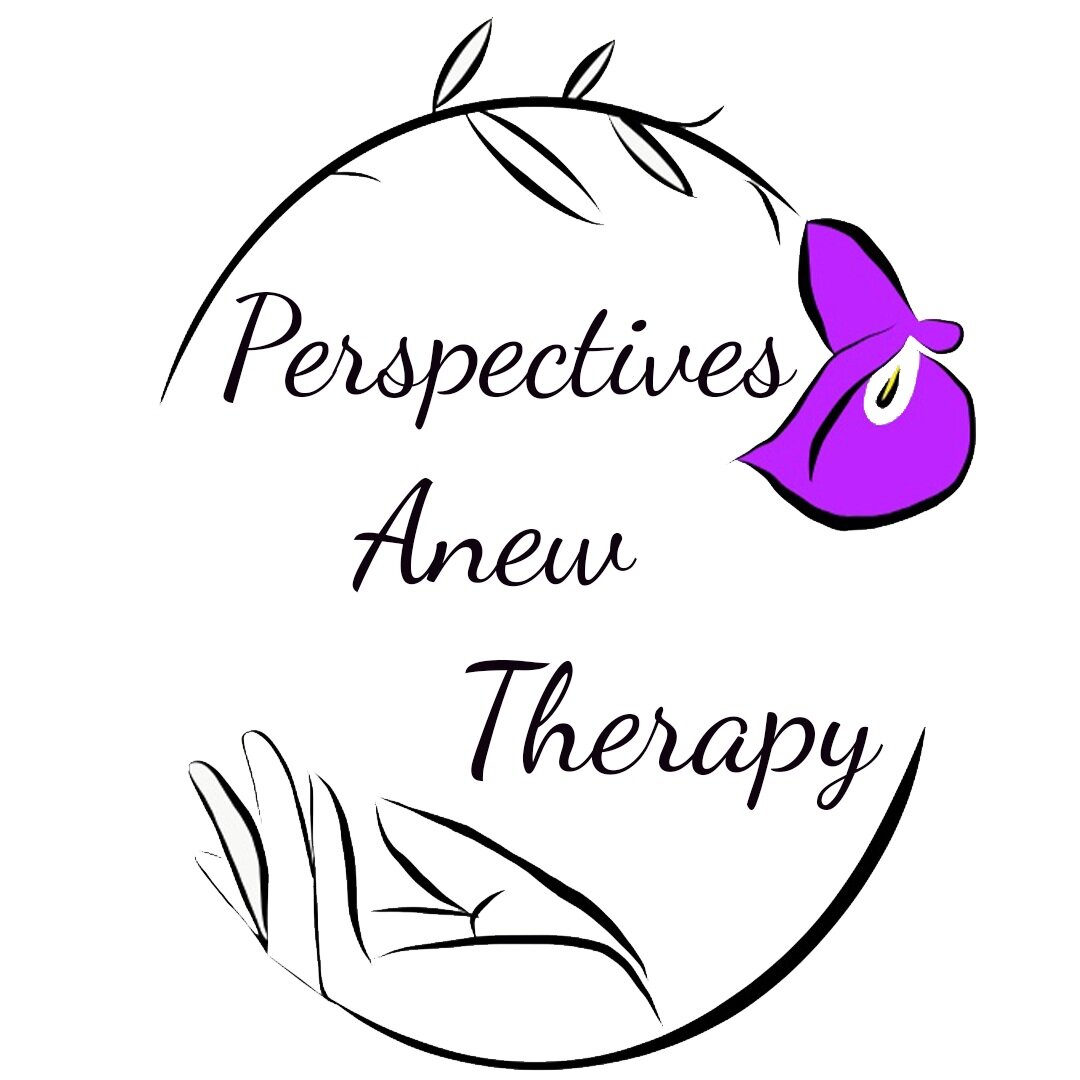May: Maternal Mental Health Awareness Month
Across the globe, May is dedicated to raising awareness about the emotional well-being of caregivers before, during, and after pregnancy. Because of this, the month of May is Maternal Mental Health Awareness Month. Maternal mental health impacts the parents and child as well, and a person’s mental health during pregnancy and after impacts their ability to bond with their baby. Maternal mental health problems that do not receive the care and treatment it deserves can have long-term effects on the parents and child’s overall mental health. The goal of Maternal Mental Health Awareness Month is to acknowledge the importance of mental health care for parents, show support, and find resources that enhance well-being.
The term maternal mental health refers to a pregnant person’s emotional, social, and mental well-being during and after pregnancy. Postpartum in the United State is defined as the period between birth through one entire year. The two most common perinatal and maternal mental health disorders are postpartum depression and postpartum anxiety. Maternal Mental Health (MMH) disorders and symptoms can occur during pregnancy and/or during the postpartum period. Disorders can be the result of a combination of biological, psychological and social stressors, included but not limited to a lack of support, family history of mental illness, or a previous experience with these disorders.
1 in 5 people who give birth experience maternal anxiety and depression, however it is not universally screened for meaning it is also not treated. Less than 15% who need treatment receive it and up to 56% of those living in poverty experience postpartum depression. The annual economic cost of untreated MMH disorders costs 14.2 billion dollars. Due to “weathering,” a term used to describe cumulative effects of stress, rates of depression are more than doubled in the Black population. It is important to note that both disorders can be reduced, prevented, or treated when services are provided to those in need. There are other MMH disorders outside of depression and anxiety such as pregnancy and postpartum OCD, birth related PTSD, birth loss and grief, postpartum mania, postpartum psychosis, and intrusive thoughts. Furthermore, suicide and overdoses are responsible for over 20% of maternal deaths.
If you are searching for health resources and services, the National Maternal Mental Health Hotline provides free, 24/7, confidential support with resources and referrals for pregnant or postpartum individuals enduring mental health challenges as well as support for their loved ones. The hotline has counselors that provide emotional support, information, and referrals who can be reached by call or text at 1-833-943-5746. Their website is www.MCHB.HRSA.gov/national-maternal-mental-health-hotline. For those seeking support who are not experiencing a crisis, the Postpartum Support International group has volunteers that offer encouragement, information, and treatment resources within your community. Their website is www.Postpartum.net, and their helpline is 1-800-944-4773. Individuals who are experiencing suicidal ideation and/or are in severe distress can contact the National Suicide and Crisis Lifeline at 988 or visit www.988lifeline.org.
Sources: Policy Center for Maternal Mental Healthcare & Health Care Authority (HCA)
